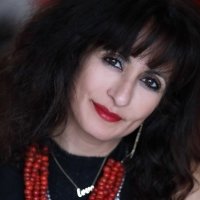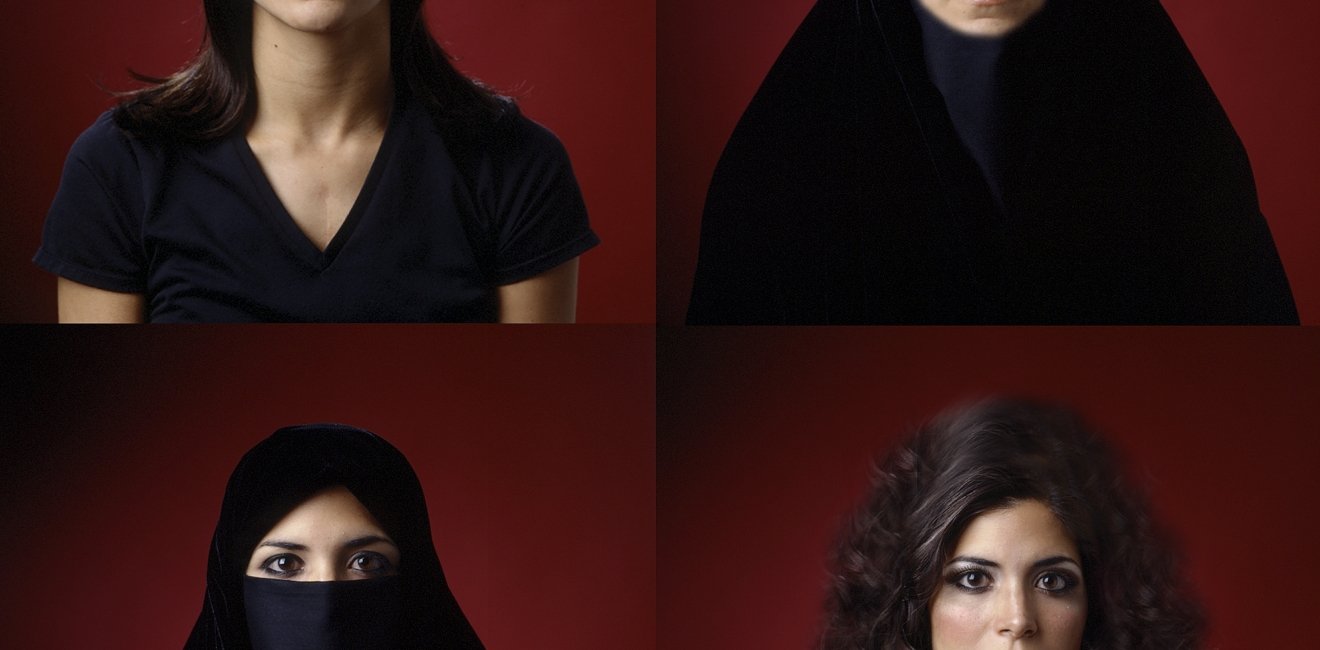
A blog of the Middle East Women's Initiative
More than ever women’s voices and contributions in all aspects are very critical to the advancement of our societies.
Women’s voices in the arts (and other sectors) are extremely important in the Middle East and North African region, and the greater world at large. Like most things in our world, the arts have been historically male-dominated, however this is slowly changing. As artists and as women, our voices and concerns must be expressed and heard. The artistic landscape throughout history would be incomplete without the contribution and inclusion of women.
Art, whether it be writing, painting, photography, filmmaking, or another form, can shine a light on realities that are or have been in the dark, issues that are taboo, controversial, and ‘off limits’ to discuss in our societies. These issues may include defending women and girls’ rights, sexualization of female gender, and a lack of justice, in addition to questioning certain aspects of religion, culture, or politics.
There are many challenges women in the creative arts face. Just being a woman is a disadvantage in our societies. In the MENA region, these challenges include obstacles associated with patriarchal norms, achieving financial independence, and the legacy of colonial imperialism. In this patriarchal world, women are viewed as property of their families, husbands, children, subject to the dictates of religion, traditions, and politics. Women do so much, and give up so much, leaving little room and time to cultivate their god given talents and creativity. If they do, it is at a price.
One of the reasons I got involved in photography was to represent myself as a Yemeni, Arab, Muslim woman, and to speak for myself and others who share my voice. I was tired of seeing women depicted by men as sexual objects of the male gaze, weak, or subservient subjects. I was also frustrated by the orientalist representation of women from our region by Western male and female artists, writers, and critics. We were either romanticized, demonized, or pitied. I wanted to speak my truth and reality on my own terms. As a mother of four girls, I wanted to show myself and my daughters that if I didn’t like something in me, my family, or my society, I need to first acknowledge and express the issue, and try to either accept or change it. I do not pretend I am so powerful to overcome all issues, however in just expressing myself, I do feel powerful, and not a victim of my circumstances.
Although some in the West lump the MENA region together, it comprises 21 different countries across two continents, with different languages, dialects, traditions, customs, characteristics, and religion. Who better to speak and represent women in MENA but women from our region? Only we can truthfully and authentically represent ourselves and share our personal stories and struggles. Although there are differences between the countries, there are also universal experiences and shared stories.
An artist’s work is a reflection and mirror of her society. Sometimes those reflections are beautiful, joyful, and moving, while others may provoke anger, discomfort, and fear. Art can be a powerful catalyst that may spark dialogue and debate, especially regarding sensitive and uncomfortable issues. The greatest power of art is to inspire, enlighten, and change perceptions, bring about understanding, and touch hearts and minds.
Creating art as a woman from our region is firstly, very important for the artist herself as a form of self-realization, expression, and release. It is important for other women to see themselves represented in the work, to find validation, and solidarity. Through our work, we make our mark and use our voice to speak for ourselves and those like us. More than ever women’s voices and contributions in all aspects are very critical to the advancement of our societies.
Creating art is an act of service, courage, and bravery, but even more so for women, especially women from the MENA region. As women, we have much more at stake, and so we take greater risks in creating our work and sharing it with the world. Expressing ourselves through our art may be a risk. However, I believe complacency and silence poses an even greater risk.
Author


Middle East Program
The Wilson Center’s Middle East Program serves as a crucial resource for the policymaking community and beyond, providing analyses and research that helps inform US foreign policymaking, stimulates public debate, and expands knowledge about issues in the wider Middle East and North Africa (MENA) region. Read more


Middle East Women's Initiative
The Middle East Women's Initiative (MEWI) promotes the empowerment of women in the region through an open and inclusive dialogue with women leaders from the Middle East and continuous research. Read more

Explore More in Enheduanna
Browse Enheduanna
Women are the Catalysts for Change in Lebanon

How Education Can Empower Young Women in MENA


